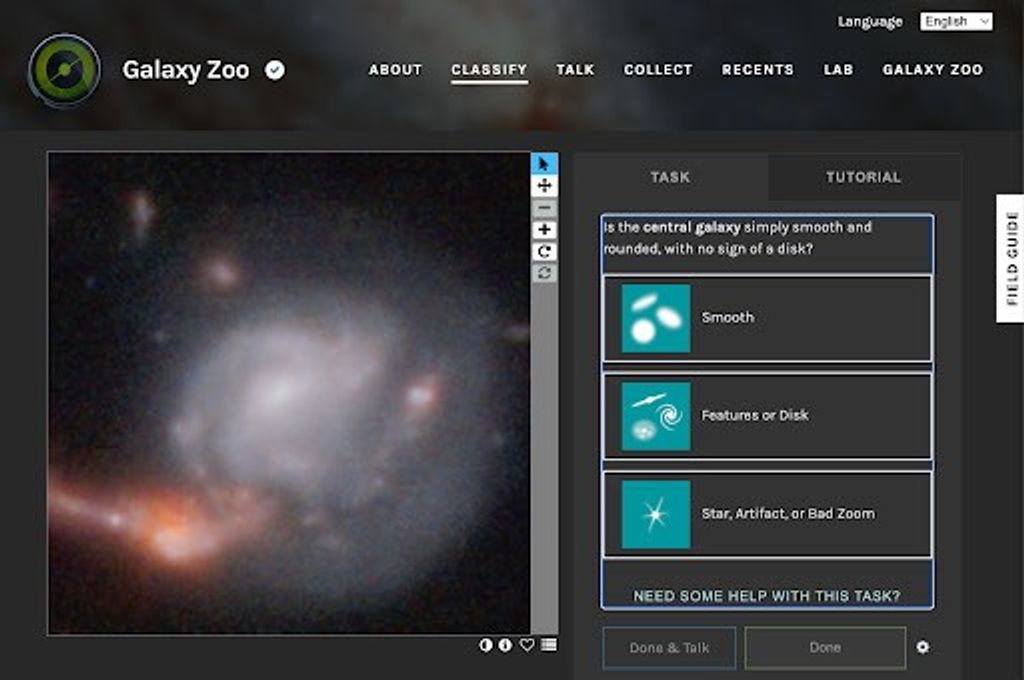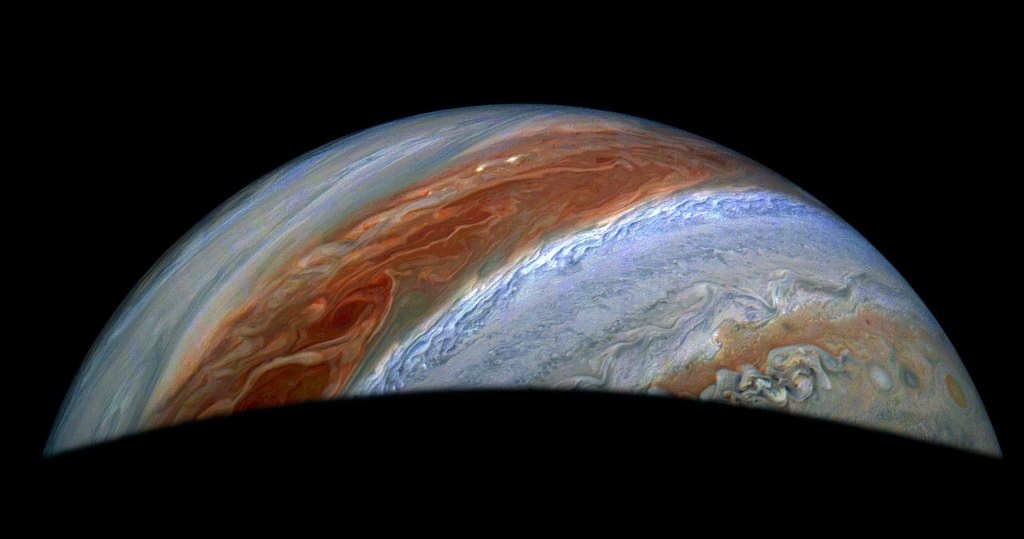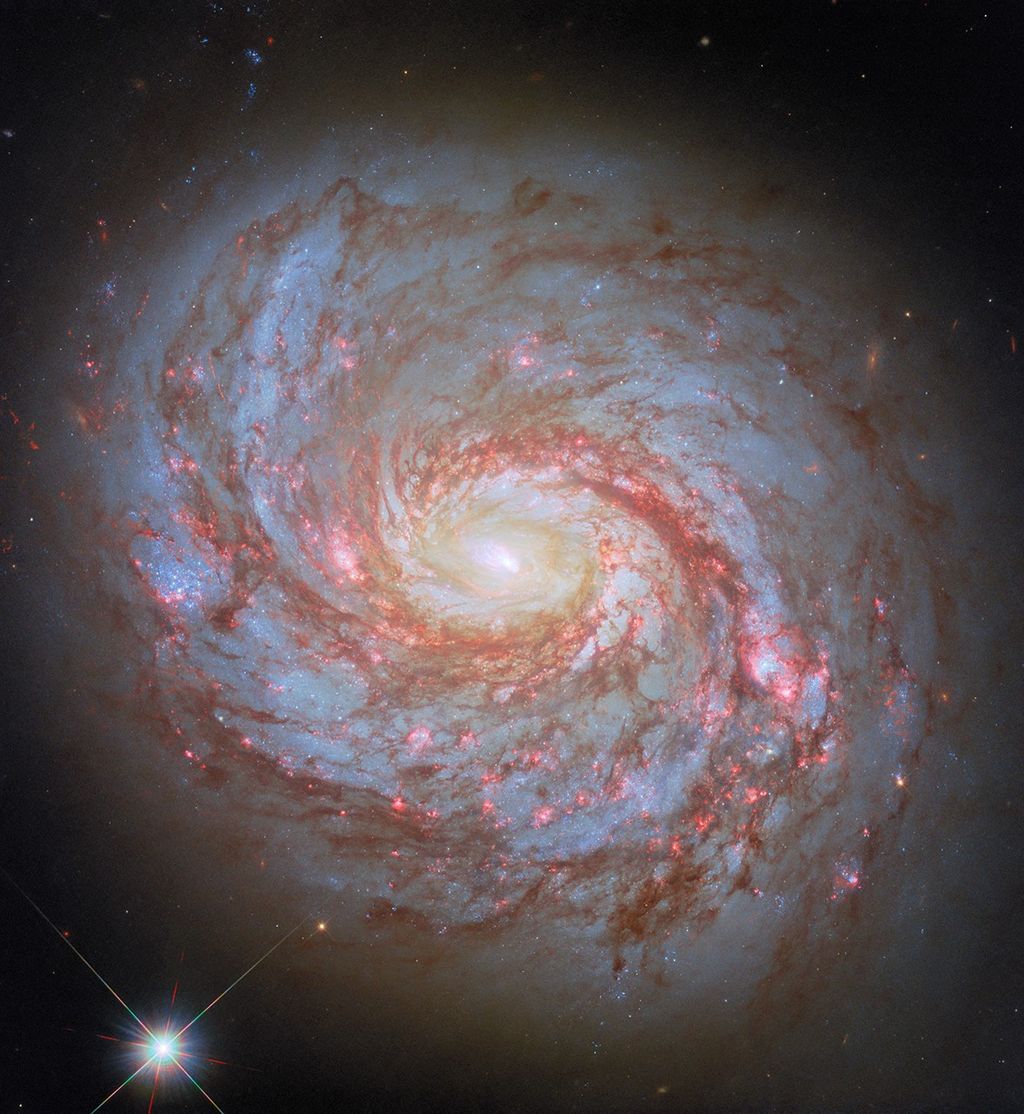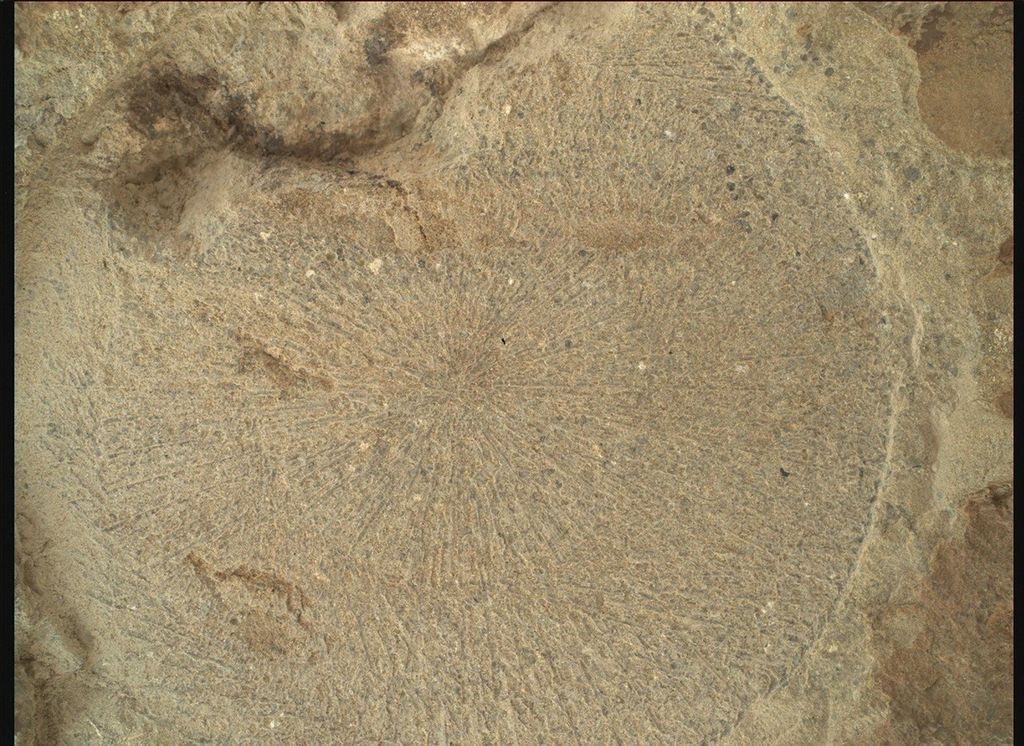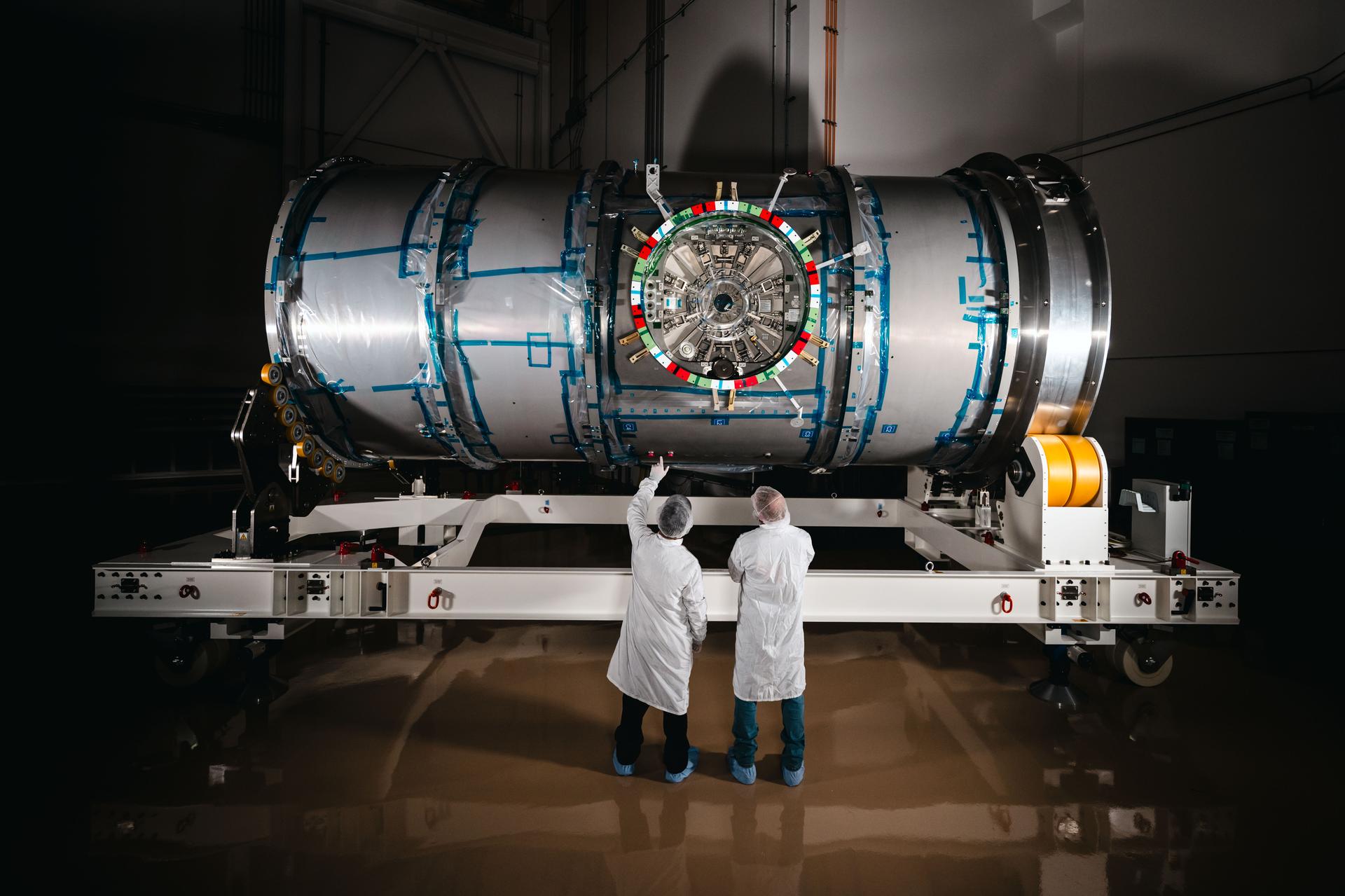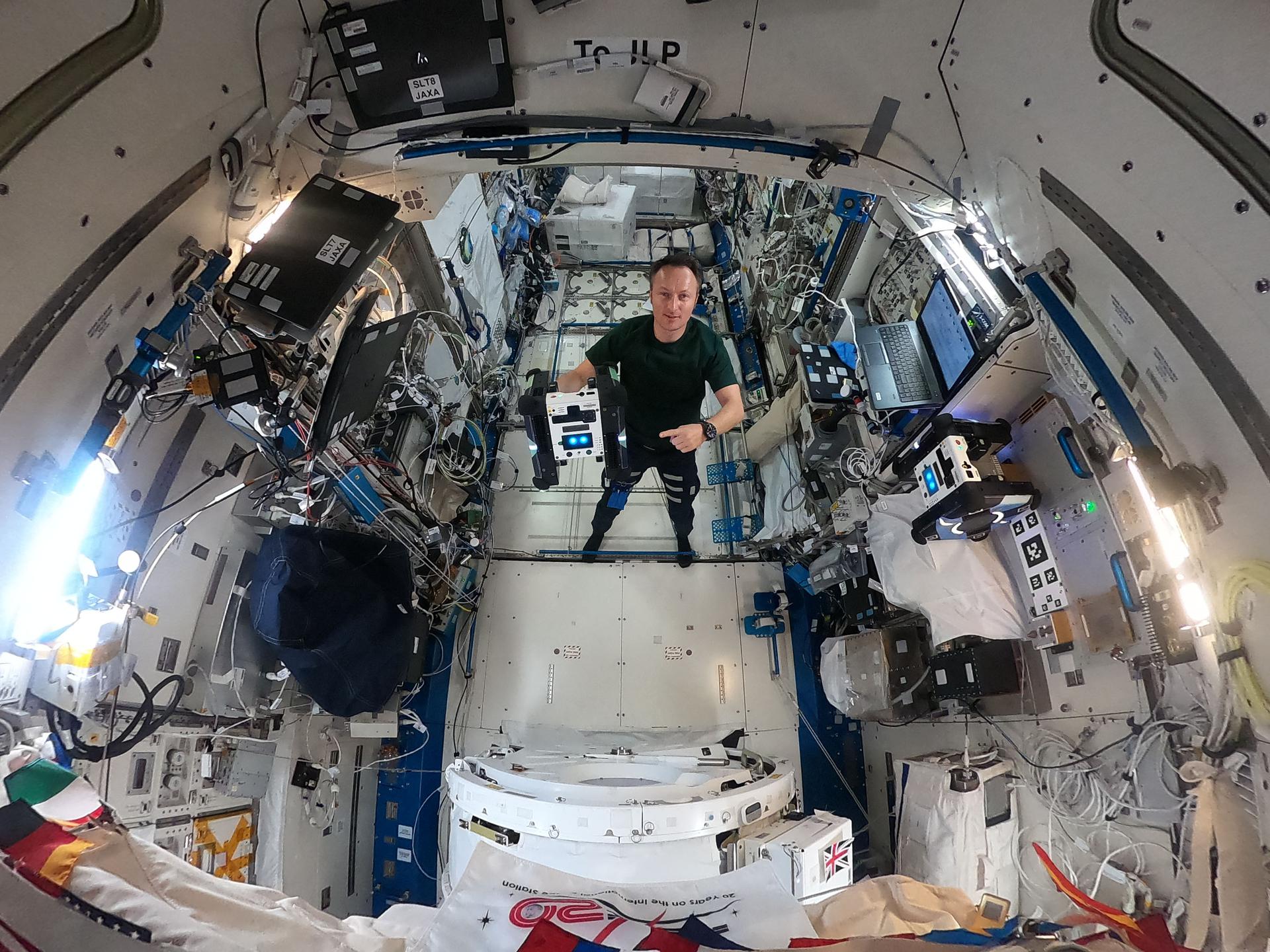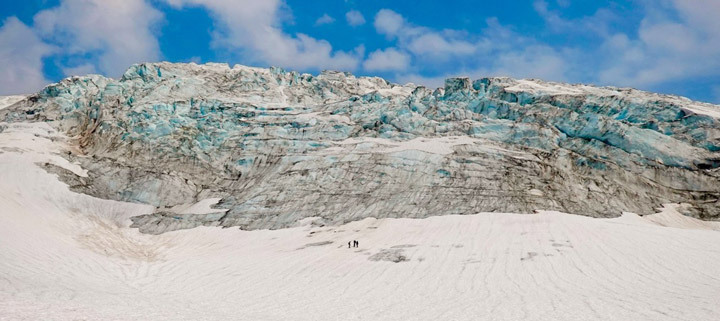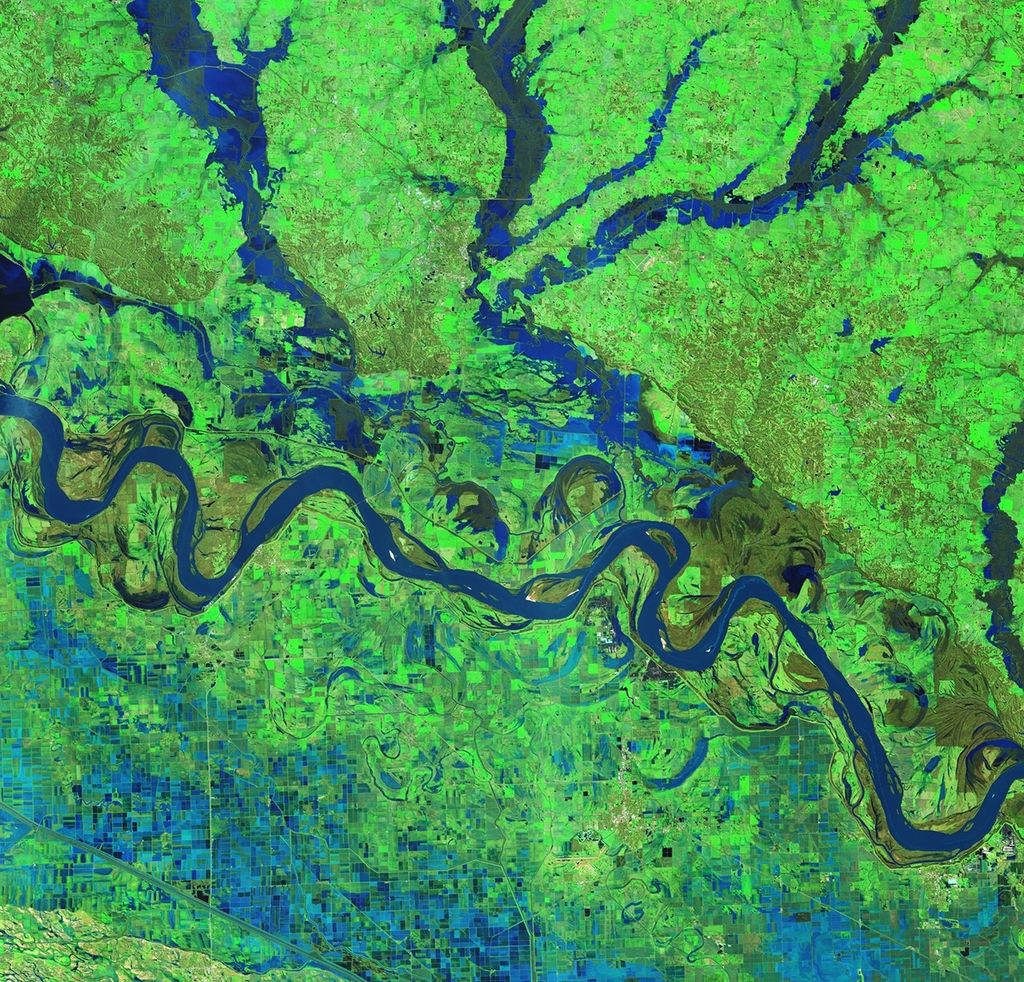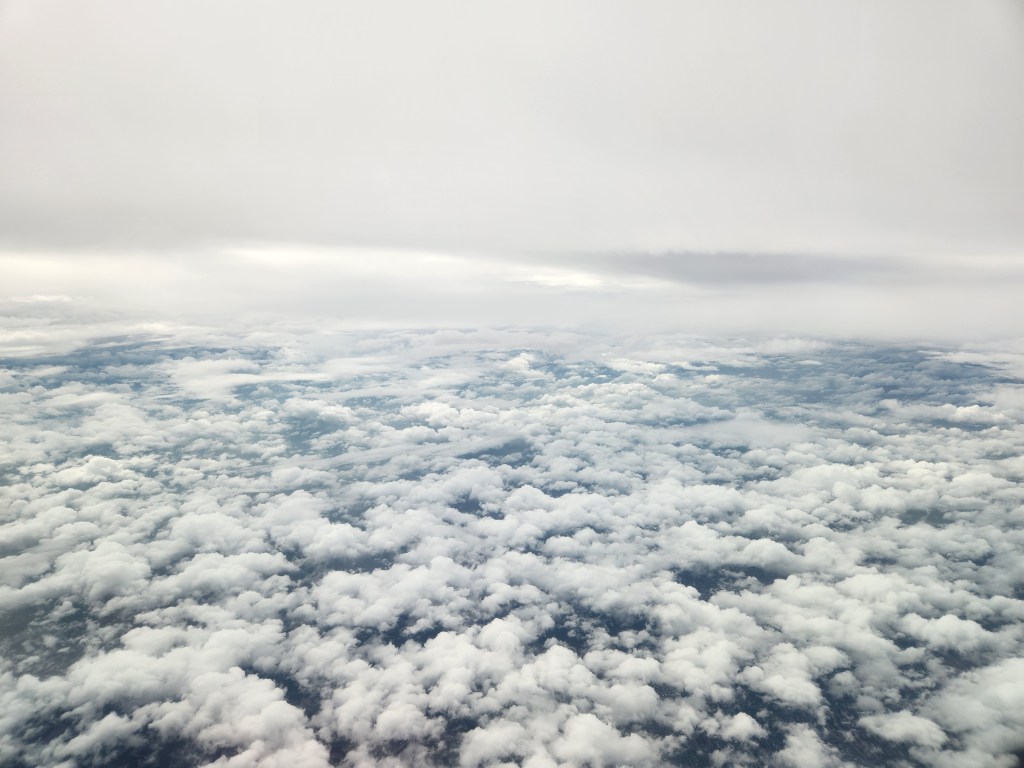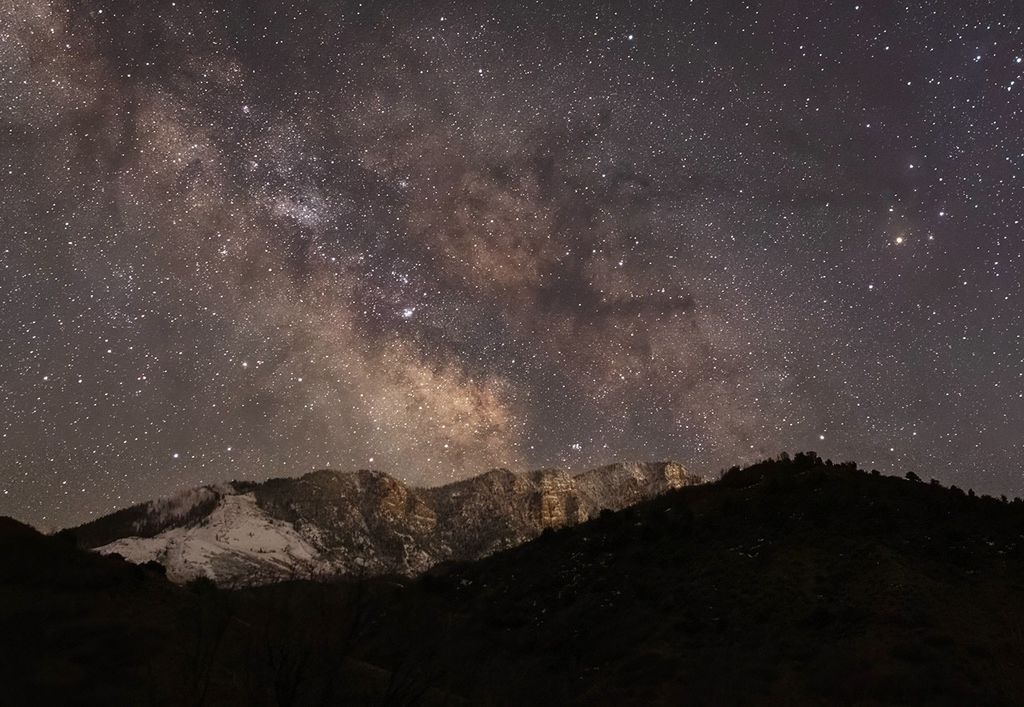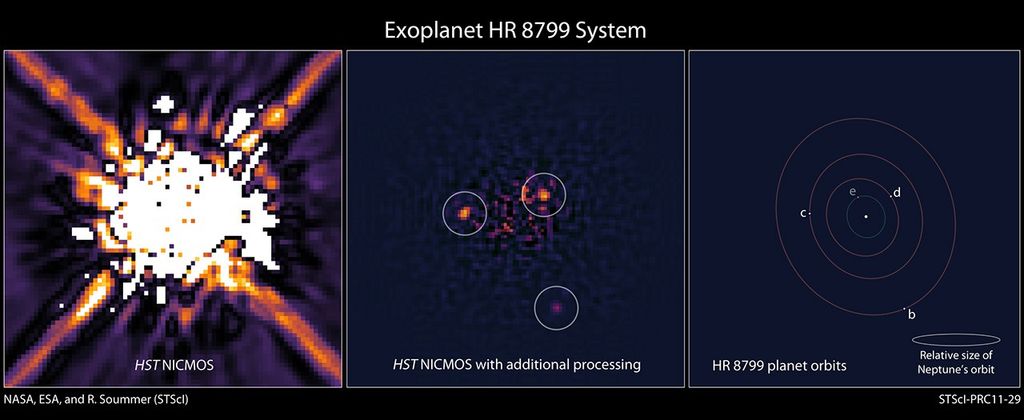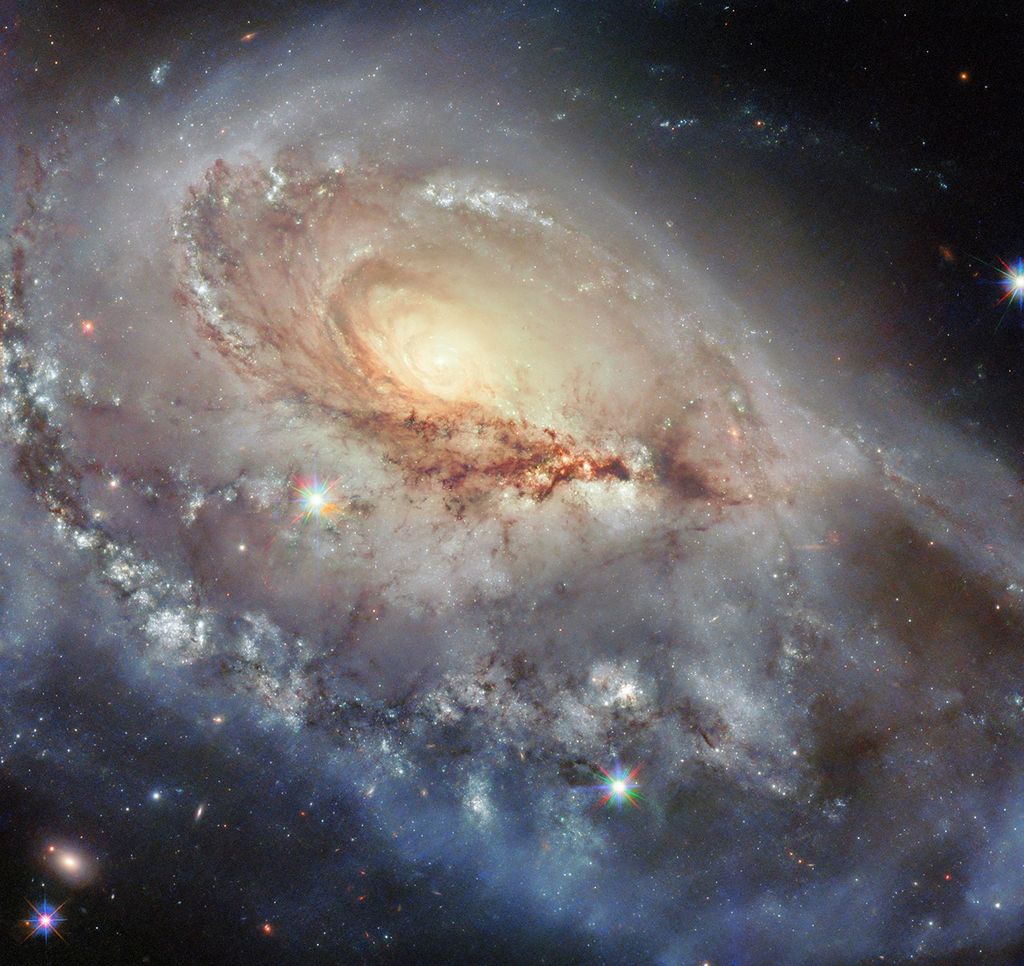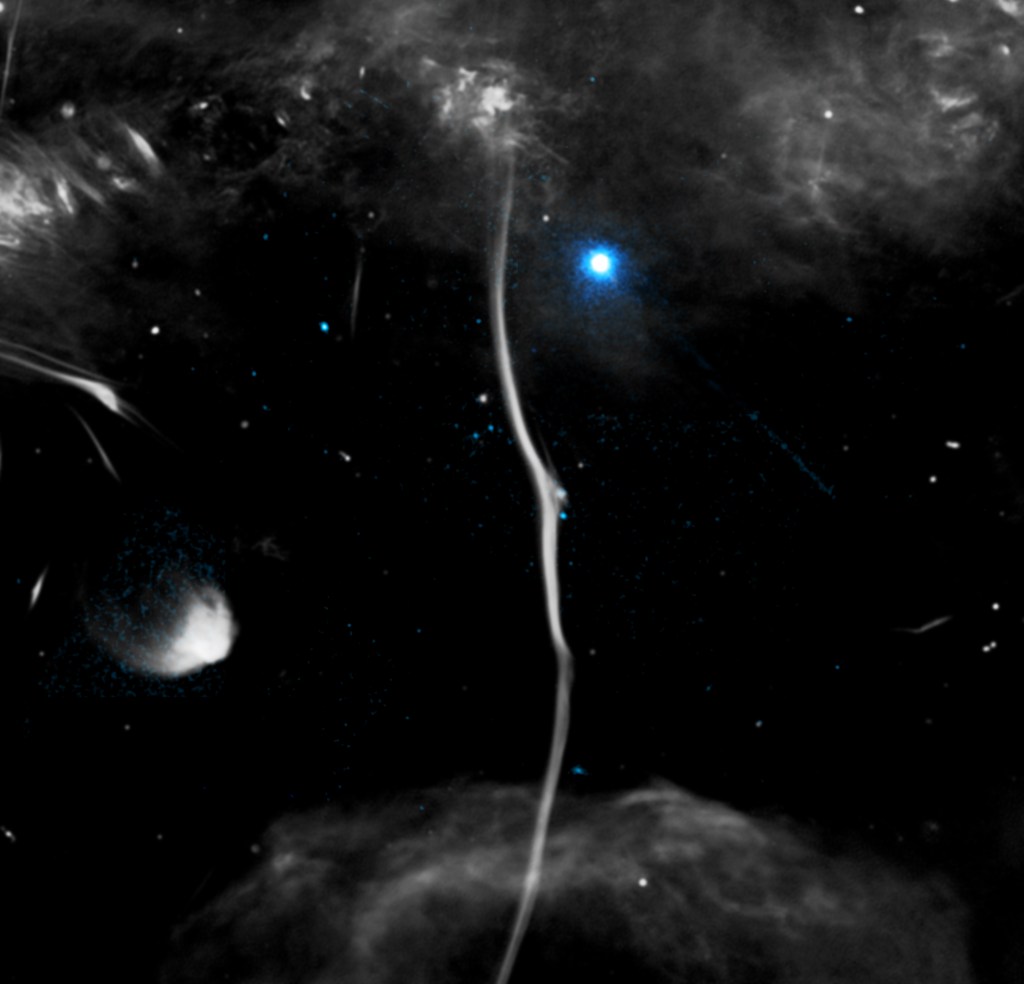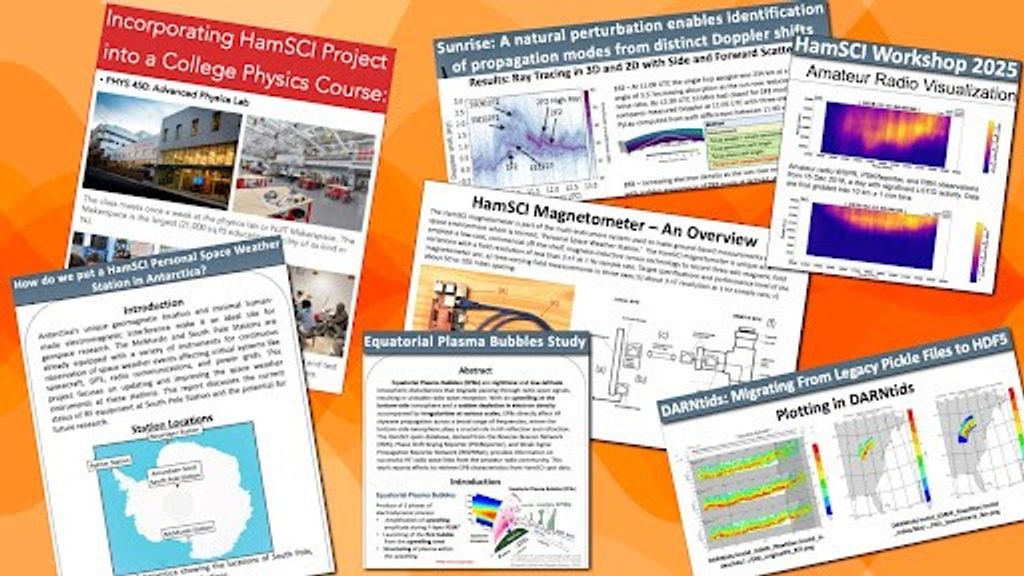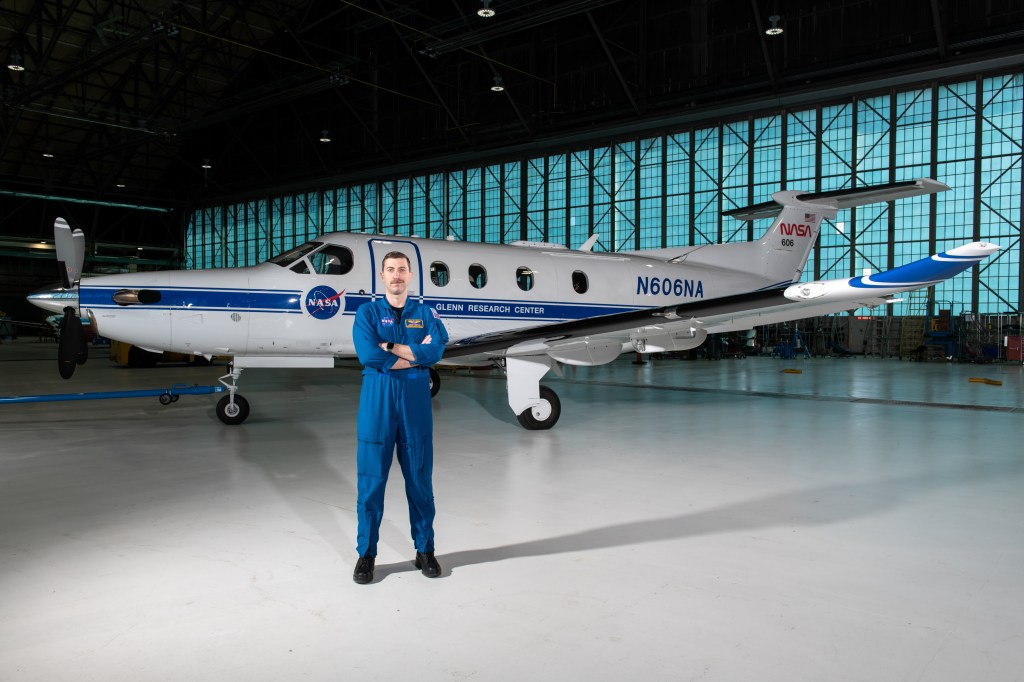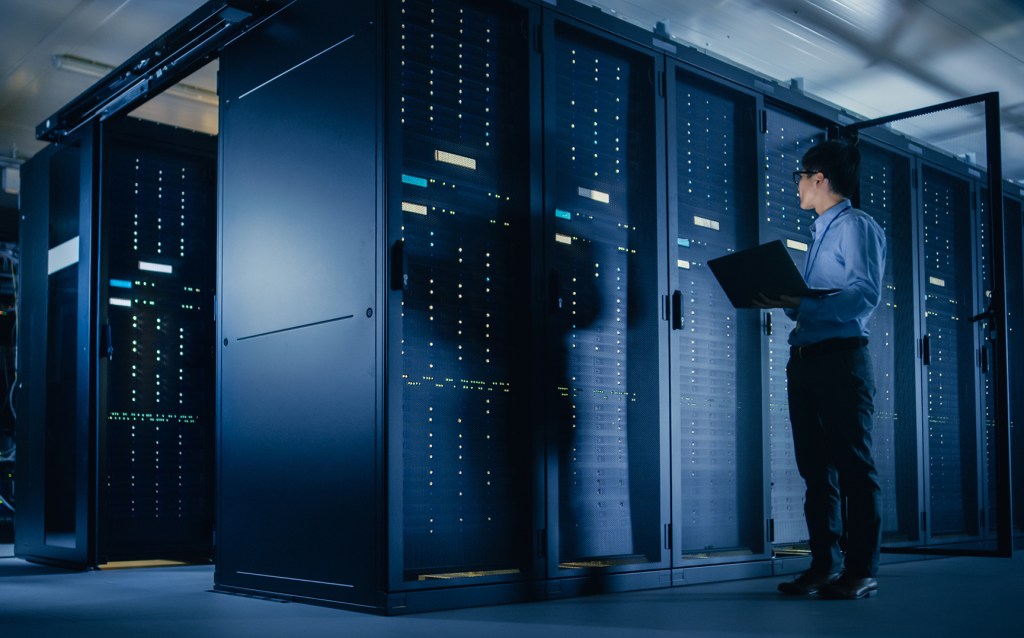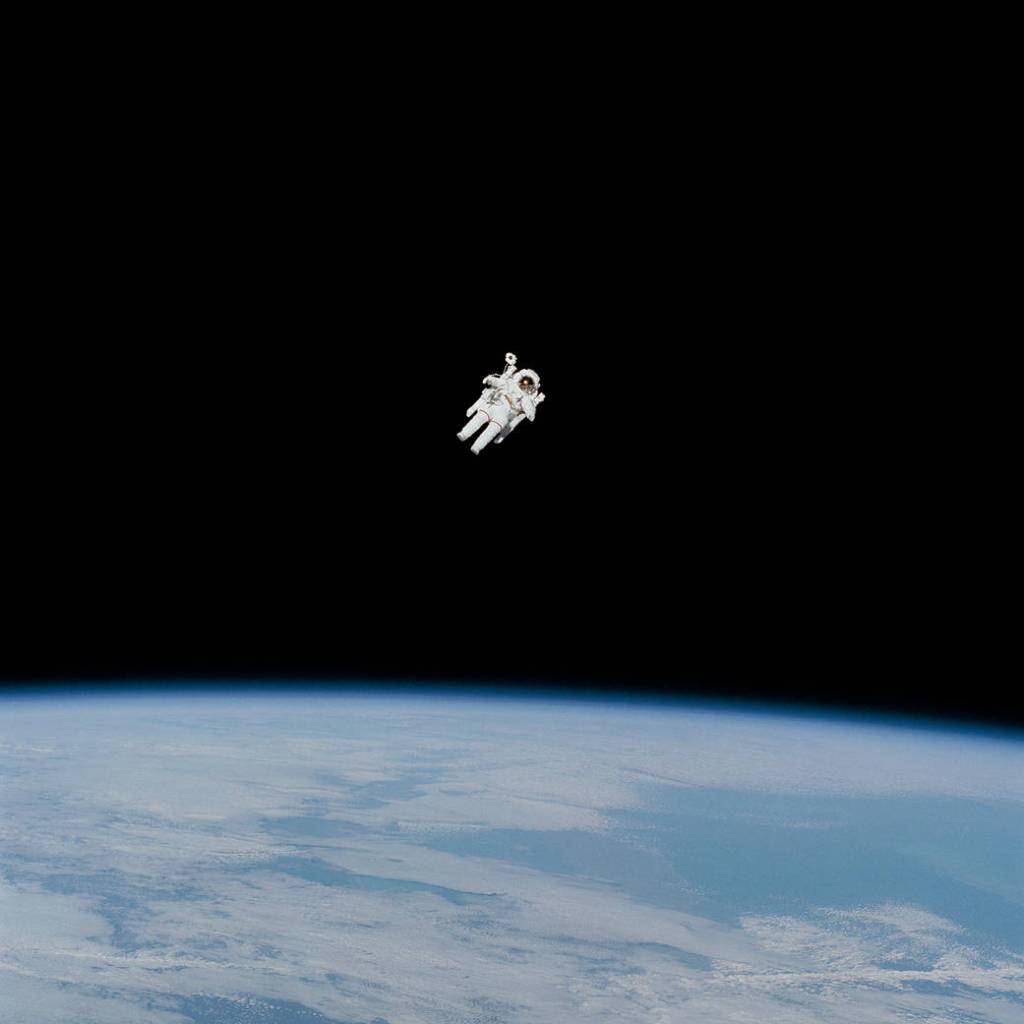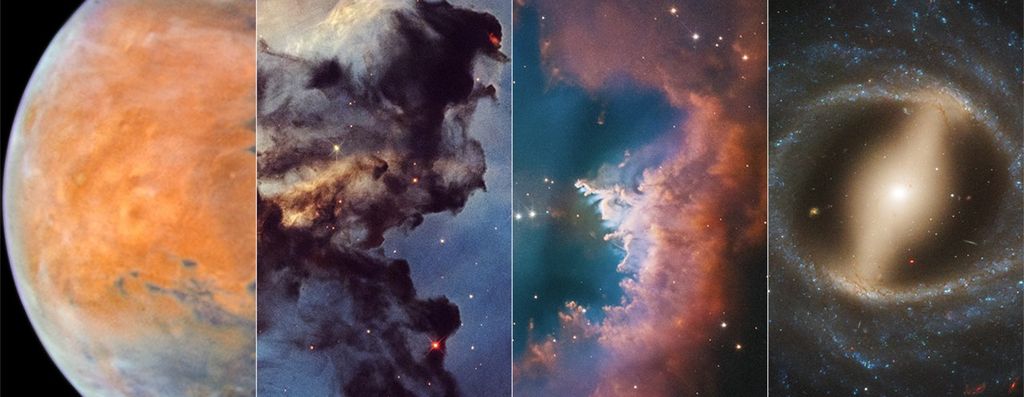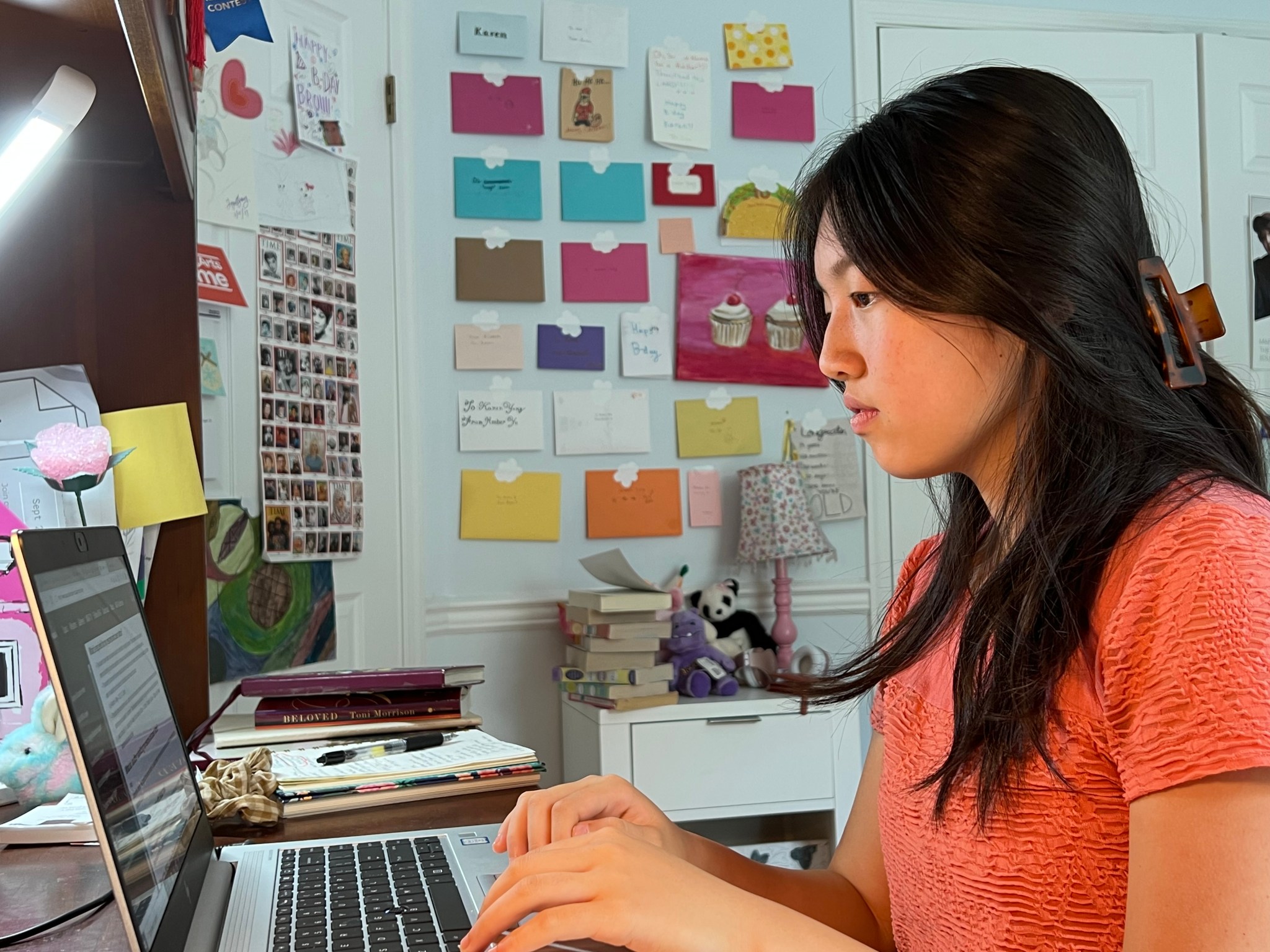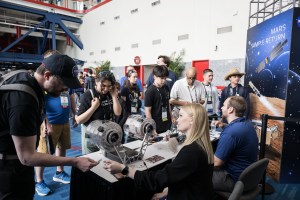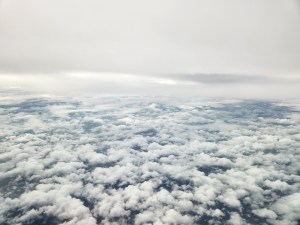Karen Yang, a rising senior at West Windsor-Plainsboro High School South in Princeton Junction, New Jersey, tells a first-person account of her experience so far as an intern for NASA’s Langley Research Center’s summer virtual session.
To be honest, I never really thought of myself as someone who would be involved in working at NASA. However, on a whim, I decided to check out the intern application link after seeing some of the summer opportunities on LinkedIn.
In the many, many opportunities offered, I searched up potential opportunities that I thought would be the best fit for me – any opportunities with “communication” and “journalism” because those were my strengths and I was, honestly, scared to venture beyond anything I knew. Perusing the options, some of the fear melted into excitement as I realized that there would be opportunities for me. Eagerly, I applied to be a knowledge management intern and when I was given the role, felt like I was out of this world (pardon the pun).
Growing up, I definitely saw myself as someone saturated in humanities. Although I took science classes and enjoyed them, my time outside of school was filled with writing stories and creating history projects. In all honesty, I preferred investigating treaties over thermometers, reading fiction over finding frequencies.
Unconsciously, I boxed myself in as a “humanities kid,” thinking science foreign and removed. In fact, when I told my friends that I was going to intern at NASA, they first congratulated me and then paused: “I thought you were a humanities kid?” I agreed with them and questioned too: did my biology and chemistry honors classes really prepare me to tackle science in such a monumental way? NASA wasn’t my dusty science classroom after all.
As cheesy as it sounds, my experience at NASA has changed that mindset. With the great community of NASA interns, my peers and my mentor, I slowly grew (and am growing) to confront these ideas. My mentor, Dr. Bart Singer, has been great in challenging me, in pushing me to understand the jargon of our projects, in encouraging me to engage with NASA scientists of different backgrounds. I’ve used familiar skills like interviewing others and video editing along with new experiences, like listening to lectures on biofeedback loops. My peers have also changed my understanding – we come from different backgrounds but are able to work seamlessly together.
I think my particular role as knowledge management intern has shaped my thinking of this too. I was initially drawn to this role because of my fascination with history and I saw the parallels of storing knowledge for the future and finding ways to communicate that knowledge with the archival and video communication I was comfortable with. This connection has only grown through my experience here – the importance of scientific history and how we’ve stored scientific knowledge has solidified the fact that there are no boxes or limitations to what I, and we, can do.
Because, honestly, NASA has shown me that you need both humanities – communication, journalism, writing – and STEM to solve some of the problems of the world and create beautiful projects. In our efforts, my team and I have communicated with media services, biomedical engineers, physiological experts – truly a kaleidoscope of wonderful people.
At the end of the day, NASA truly has something for everyone and the breadth and depth of subjects and fields that the NASA interns are interested in and passionate about are truly astounding. The few weeks I’ve spent here so far have completely blown my mind and allowed me to keep growing and connecting.
Looking to the future, I know that many of the problems of my generation – global warming, the displacement of peoples – will require this collaborative effort between people of a myriad of backgrounds. I am super grateful to NASA for allowing me to see this message even more clearly. I’m beyond excited to be at the forefront of solving these issues!
- To learn more about NASA internships, click here.

